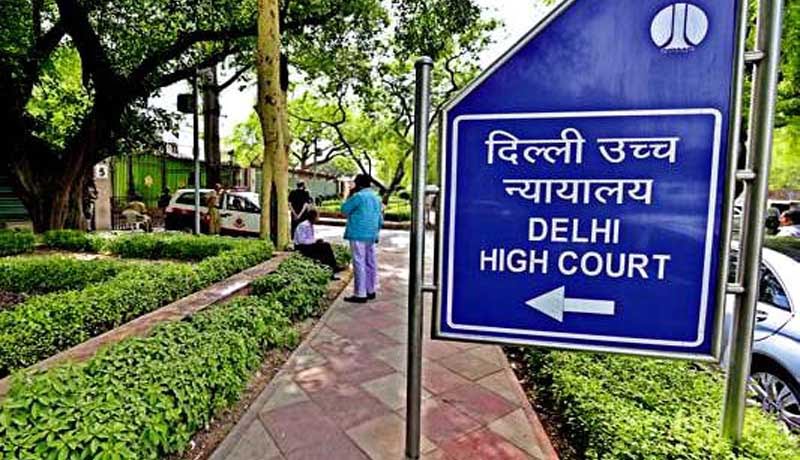Complaint against Chartered Accountant after 7 Years of Misconduct is Time-Barred: Delhi HC [Read Order]

Chartered Accountant – Misconduct – Delhi HC – taxscan
Chartered Accountant – Misconduct – Delhi HC – taxscan
The Delhi High Court, in a significant ruling, held that a complaint against a Chartered Accountant after seven years of alleged misconduct is liable to be quashed as time-barred as per Rule Rule 12 of the Chartered Accountants (Procedure of Investigations of Professional and Other Misconduct and Conduct of Cases) Rules, 2007. The said rules prescribes a time limit on entertaining complaint or information.
The petitioner, Mr. Ashish Agarwal, a practicing Chartered Accountant approached the High Court challenging a communication dated 22 September 2021 issued by the Disciplinary Directorate of the Institute of Chartered Accountancy rejecting his contention that the complaint made against him would be barred by Rule 12 of the Chartered Accountants (Procedure of Investigations of Professional and Other Misconduct and Conduct of Cases) Rules, 2007.
The petitioner contended that the complaint itself relates to an alleged misconduct committed more than seven years prior to the Institute taking cognizance of the same and would, therefore, be barred under Rule 12 of the 2007 Rules.
Allowing the petition, Justice Yashwant Varma observed that Rule 12 does not expressly debar the Director Discipline from entertaining a complaint merely because it may relate to acts of misconduct committed seven years prior to the same being lodged.
“The said Rule also does not prescribe that a complaint would not lie if it be preferred seven years after the alleged misconduct was committed. Rule 12 is founded on the satisfaction of the Director Discipline that the circumstances envisaged and stipulated therein render it impracticable to conduct an enquiry. That satisfaction may be arrived at if the Director be of the considered opinion that it would be difficult to gather evidence in connection with the complaint made or where it be of the view that the member would find it difficult to lead evidence to defend himself effectively in the proceedings contemplated. The Director could arrive at the aforesaid conclusions either on account of the time that may have elapsed since the commission of the misconduct or on account of other changes that may tend to make the enquiry “procedurally inconvenient or difficult” to hold. It is in the aforesaid circumstances that the Director “may refuse” to entertain a complaint preferred seven years after the commission of the misconduct,” the Court said.
To Read the full text of the Order CLICK HERE
Support our journalism by subscribing to Taxscan premium. Follow us on Telegram for quick updates


